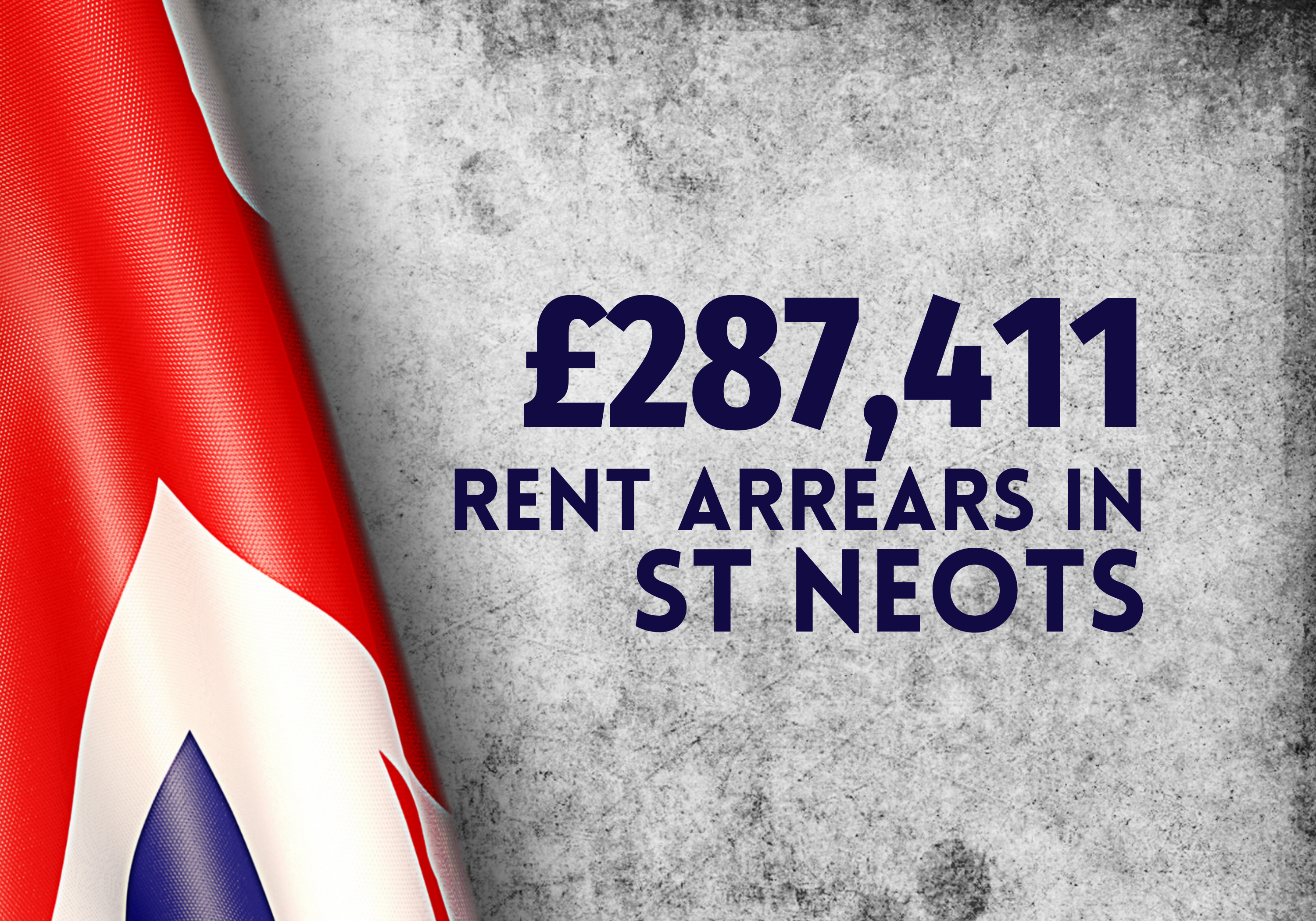The rise in the number of buy-to-let properties in St Neots and around the country has been nothing short of astonishing over the last twenty years. Many in the press have even said that Britain is a broken nation, with many twenty and thirty-somethings, ‘Generation Rent,’ unable to buy their first home.
As a result, St Neots landlords could be accused of scooping up all the smaller St Neots properties for their buy-to-let property empires. Or you could accuse the Government of pouring petrol on the buy-to-let fire by giving landlords an unfair advantage with the way buy-to-let has been taxed in the past.
Have landlords priced out St Neots' 'Generation Rent'? Should we have any sympathy for them if St Neots landlords receive £15,606,000 a year in rent? Are they, in fact, rogues?
We want to make a stand for St Neots landlords and talk about the great work they have been doing during the pandemic.
Since lockdown, it has been almost illegal to evict a tenant from private rented property.
In the last few weeks, this ban on evictions has begun to be eased, making some commentators forecast a ‘tsunami of homelessness’ as landlords ready themselves to kick out the tenants who cannot pay their rent.
You might say they can afford it, yet we need to highlight an often-untold story in the massive numbers of St Neots landlords who have co-operated with their St Neots tenants to evade eviction.
The personal finances of some St Neots landlords and tenants have been ruthlessly strained during the last 16 months — something that is going to have ramifications on the back pockets of both landlords and tenants, as well as the attraction of being a buy-to-let landlord.
Did you know that 156 St Neots tenants are in arrears with their rent to the tune of £287,411?
That's money these landlords needed to pay their mortgages with and even to live off themselves.
The eviction ban was imposed in March 2020 and the Government expected private landlords to stand the cost of their tenants’ rent if they could no longer pay.
It was estimated over 1 in 5 landlords with mortgages had requested a mortgage payment holiday in 2020. Thankfully, that now stands at 1 in 100 as most St Neots landlords with shortfalls in rent have been using their own personal savings to cover the mortgage payments.
We have seen so many landlords giving their St Neots tenants rent breaks and discounts to help them through these times.
However, most landlords we talk to acknowledge that it is better to have a tenant paying something rather than a tenant paying nothing, hoping that total rent will start flowing as the economy recovers.
Going into the pandemic, 1 in 25 St Neots tenants were in arrears, yet that now stands at 1 in 11.
So, are we really going to see lots of evictions? We hope not because they should be a last resort.
Before the pandemic, it took about 12 months for courts to hear rental repossession cases. That figure will probably be closer to two years if not more now.
We really feel for those St Neots tenants under furlough or reduced hours as they have the quandary of wanting to reduce their outgoings by moving to a cheaper rental property, yet whose rental deposits will be sacrificed to cover their rent arrears.
Some have said that because house prices have exploded during the last 16 months, St Neots landlords should write off their tenants’ arrears as a goodwill gesture.
The issue is, 278 St Neots landlords only have a single property for rent, so the arrears would have to be funded by their personal savings!
For them, the pandemic experience could be the incentive to sell up for good.
A National Residential Landlords Association survey found around a third of all landlords were now more likely to sell their buy-to-let properties altogether or at least sell some of them.
This would mean fewer properties for tenants to rent, thus driving up the rent.
Looking into the future, there may be a growth in the use of ‘rent guarantor contracts’, whereby the tenant is asked to provide a 3rd party person to pay the rent if the tenant doesn’t. These are pretty common for student lets and those on certain benefits, and it wouldn't surprise us if these are used more often for self-employed tenants and regular professional lets.



Share this with
Email
Facebook
Messenger
Twitter
Pinterest
LinkedIn
Copy this link